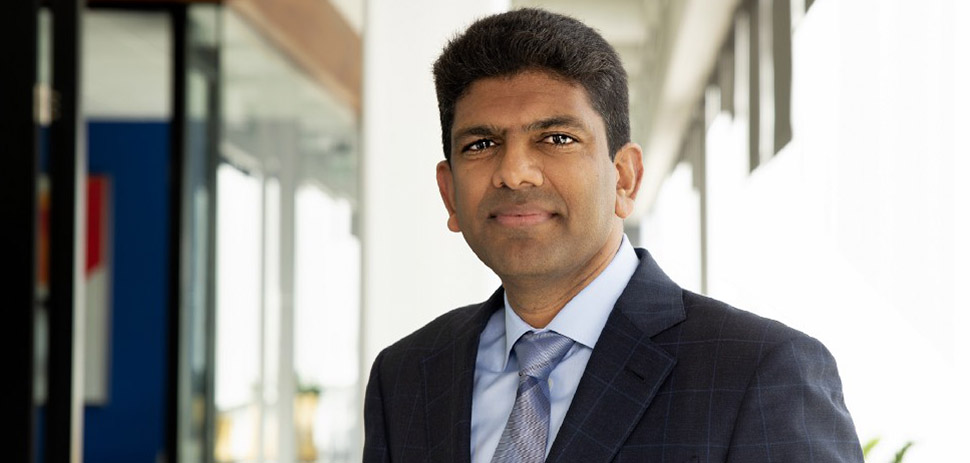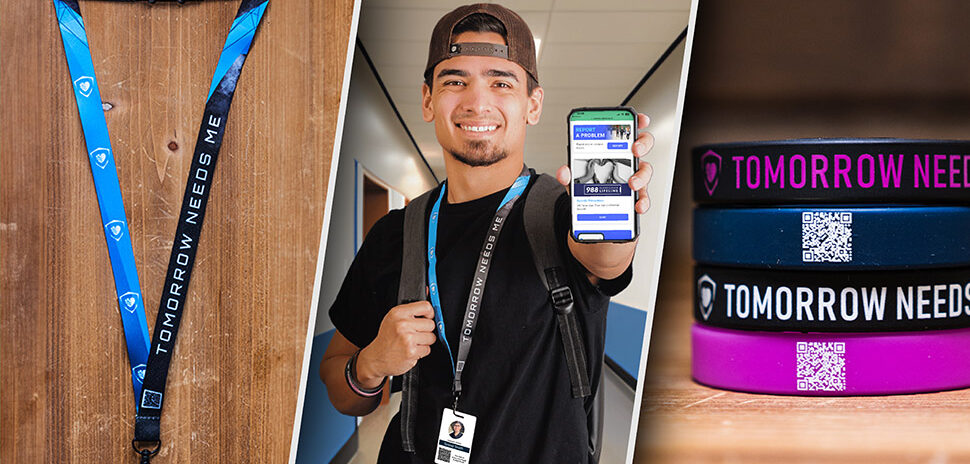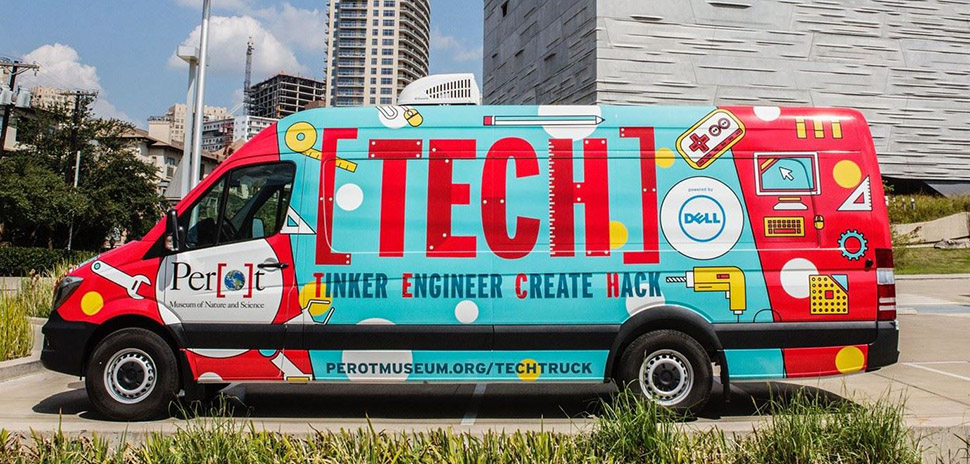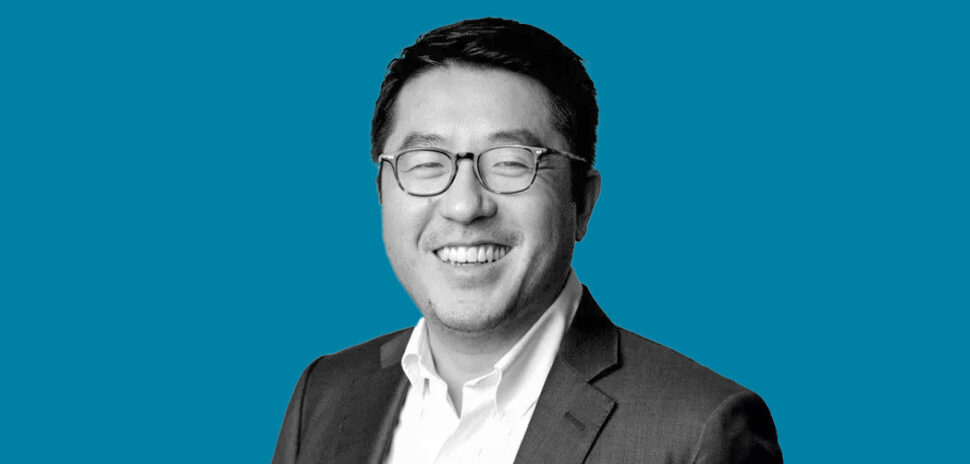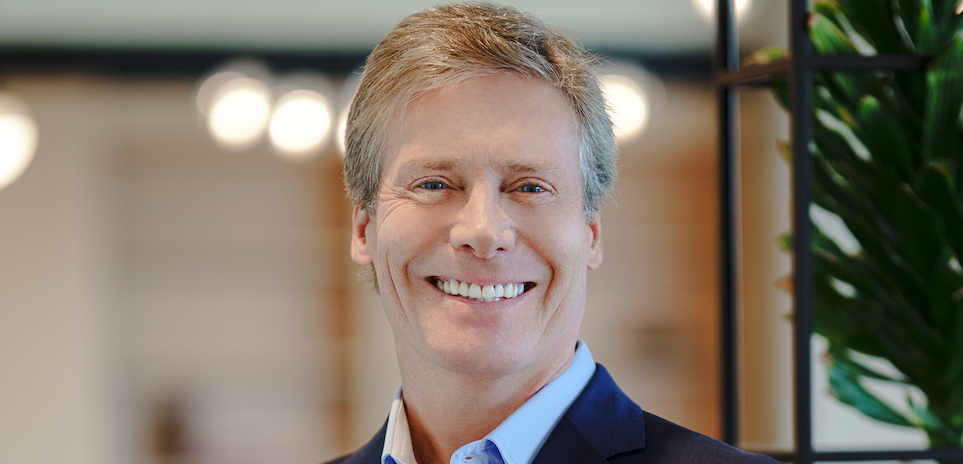Dallas-based telecom giant AT&T has committed an additional $3 billion by 2030 to help close the digital divide, bringing its total commitment to $5 billion since 2021.
AT&T said that cumulative commitment includes a goal to help 25 million people get and stay connected to affordable, high-speed internet access throughout this decade.
“Connectivity is critical for success and prosperity in America today,” AT&T CEO John Stankey said in a statement. “Whether it’s a first-generation high school graduate applying for college, a veteran accessing telehealth services, or a grandparent connecting with their family thousands of miles away—we want to help unlock greater possibility for the millions of people who remain unconnected.”
“The pace of innovation and the global economy aren’t waiting on anyone, and we’re committed to bringing connectivity and digital literacy in reach for all Americans,” Stankey added.
AT&T said that working to close the digital divide is “the linchpin of its mission” to leave no one behind when it comes to online opportunity, a pillar of the work the company does to help build the nation’s digital infrastructure.
42M Americans still lack access to broadband connections
Citing a Broadband Now study, AT&T said that 42 million Americans still don’t have access to wired or fixed wireless broadband connections. The company said that many who do have access lack the digital skills to take advantage of the economic, health, education and social opportunities it provides.
AT&T said its additional $3 billion commitment will address the main barriers to connectivity—affordability and adoption—for those who need it most.
Since 2021, almost 5 million Americans have benefited from AT&T’s discounted internet service and digital literacy programs, the company said.
Connected Learning Centers and other outreach efforts
AT&T said it continues to expand its network of Connected Learning Centers (CLCs)—equipped with high-speed internet connections and computers supplied by Dell—in communities across the U.S. It’s currently operating 37 centers across 15 states with support from local nonprofit organizations.
The company said that its CLCs, such as the Salvadoran American Leadership and Educational Fund (SALEF) in Los Angeles, provide not only internet connections and computers but also the skills and training needed to help people safely navigate the online world.
The centers serve children, college students, adults, and seniors with curriculum that teaches basic techniques for using email and search engines, the company. Also, CLCs provide mentorship programs and customized instruction for those who need help accomplishing specific tasks online, such as paying bills, applying for jobs and submitting college applications.
“Coming to SALEF and utilizing their Connected Learning Center has allowed me to pursue U.S. citizenship,” said Leslie Gutierrez, who is originally from Honduras. “Without the computers and internet access within the CLC, I wouldn’t have been able to gather information as quickly or complete this process as efficiently as I did. The SALEF CLC allowed me to confidently pursue my path to citizenship, and for that I am incredibly grateful.”
In addition to AT&T Connected Learning Center growth and impact, communities have seen:
- More than $123 million in charitable contributions given to non-profit organizations that are on the frontlines of addressing the digital divide.
- 360,000 students reached through The Achievery, AT&T’s free digital learning platform in collaboration with after-school program organizations.
- 288,000 adults educated through digital literacy resources, courses and workshops in collaboration with the Public Library Association, National PTA and other collaborators.
- 245,000 laptops, devices, or internet connection donations.
Closing the digital divide on tribal lands
More than a third of Tribal lands in the U.S. lack broadband connectivity, and more than 18% of indigenous people have no internet access at all, AT&T said.
The company said that since 2021, more citizens on American Tribal lands can access education programs and healthcare resources virtually, explore new job opportunities and stay current on the latest news from home. AT&T has expanded network coverage on Tribal lands by more than 40% and have opened AT&T Connected Learning Centers on the Rincon and Pinoleville Pomo Nation reservations in California and the Cherokee Nation Tribal land in Oklahoma.
“The Rincon Tribe is committed to closing the digital divide within our reservation,” Bo Mazzetti, chairman of the Rincon Tribe, said in a statement. “With the help and support of AT&T, we have built a computer resource lab for our tribal youth, seniors and residents that has already improved the lives of many through student activities and workforce development. It is our continued goal to help advance our people through technology and bring access to educational services to our community. We look forward to other tribes evolving like we have had the opportunity to do.”
Government funding to improve access and connectivity
The company said as the federal government’s Affordable Connectivity Program winds down later this spring—absent more funding from Congress, AT&T will continue to offer Access from AT&T service.
Access makes the internet more affordable for customers, AT&T said, by providing qualifying households with high-speed internet for $30 per month. The service includes Wi-Fi at no additional charge and does not include deposit fees. The company said it will expand connectivity offers to include AT&T Prepaid, Cricket and other connectivity solutions as they become available.
At the same time, AT&T said it will continue to advocate that policymakers renew funding for the Affordable Connectivity Program and find a long-term solution to support families most in need.
AT&T also said it continues to offer discounted wireless solutions to more than 135,000 public and private K-12 schools, colleges, and universities.
Federal funding programs
In the last three years, the federal government has provided unprecedented funding for broadband infrastructure, access and connectivity. Since 2021, AT&T has won competitive bids for funding to deploy more high-speed fiber broadband in 12 states including Texas, California, and Louisiana.
States also are gearing up to receive more than $41 billion in federal funds for building networks as part of the Broadband Equity, Accessibility and Deployment (BEAD) program.
In December, the federal government announced that under the Broadband Equity, Access, and Deployment Program, $3.3 billion is coming to Texas to help achieve that goal.
![]()
Get on the list.
Dallas Innovates, every day.
Sign up to keep your eye on what’s new and next in Dallas-Fort Worth, every day.


